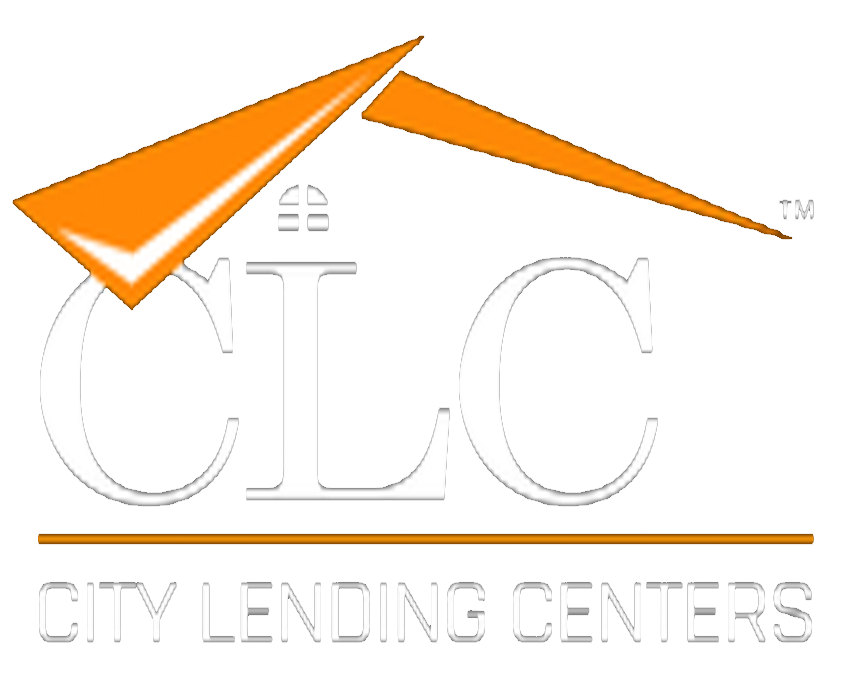If you’re looking for home the most important step to take at this stage is to get preapproved for mortgage. You’d have to consult a lender and obtain a pre-approval letter that gives the opportunity to discuss loan and budgeting with the lender. This step plays a vital role in your house-hunting budget and the affordability of your monthly mortgage payment.
Pre-Approval Examines your Finances Physically
Before lenders take a decision to pre-approve you for a mortgage, they will look at several key factors:
- Your credit history
- Credit score
- Debt-to-income ratio
- Employment history
- Income
- Assets and liabilities
Mortgage preapproval examines all your finances. It’s a physical exam for your finances. Lenders will likely to extensively examine all corners of your financial life as a way of trying to ensure you’ll repay your mortgage.
Understand the Difference of Pre-qualified and Pre-approved
We usually see both of these terms are used interchangeably, but they are not the same.
In prequalification, individual provides an overview of their finances, income, and debts to a lender. The mortgage lender then gives an estimation of loan amount. A mortgage prequalification can be useful as it is the process estimating how much you can afford to pay out on a home. However, the lender doesn’t ask for credit report or verify your financial information.
While on the other hand, a pre-approval is about filling out a mortgage application and giving your Social Security number so that a lender can assess your credit report. A hard credit check starts when you apply for a mortgage. For this process, a lender analyzes your credit report and credit score to assess your reliability and creditworthiness before deciding to lend you money. On the contrary, a soft credit check occurs when you pull your credit yourself, or when a credit card company or lender pre-approves you for an offer without your asking. Soft credit checks do not affect your credit score. Pre-approval is not a guarantee of receiving a specific rate or mortgage from that lender because conditions may change from the time you get-preapproved until the time you’re ready to purchase a house.
How pre-approval works?
Getting a mortgage pre-approval means you’re ready to take the next in the home purchasing process. You need to start working with a mortgage specialist who’d help you guide through the preapproval process. Once you have selected one:
- You and your mortgage specialist will discuss your financial needs and build strategies accordingly, mortgage amount, down payment, purchase price, etc.
- You’ll learn about the various available mortgage options (fixed vs. variable rate, interest terms, payment options, amortization, etc.) and discuss which is the best fir for you.
- With your consent, your mortgage specialist will take an application, which will require you to provide details on such items as employment, income, assets, down payment (if applicable) and liabilities.
- With your consent the lender will obtain your credit bureau report.
- Your mortgage specialist will advise you about the documentation (income confirmation, down payment confirmation, etc.) you need to submit your documents upon conditional approval of your mortgage. Any conditions must be met for your mortgage to be fully approved.
- Pre-approvals depend on your continued good credit and are usually good for 60, 90 or 120 days depending on the lender.
